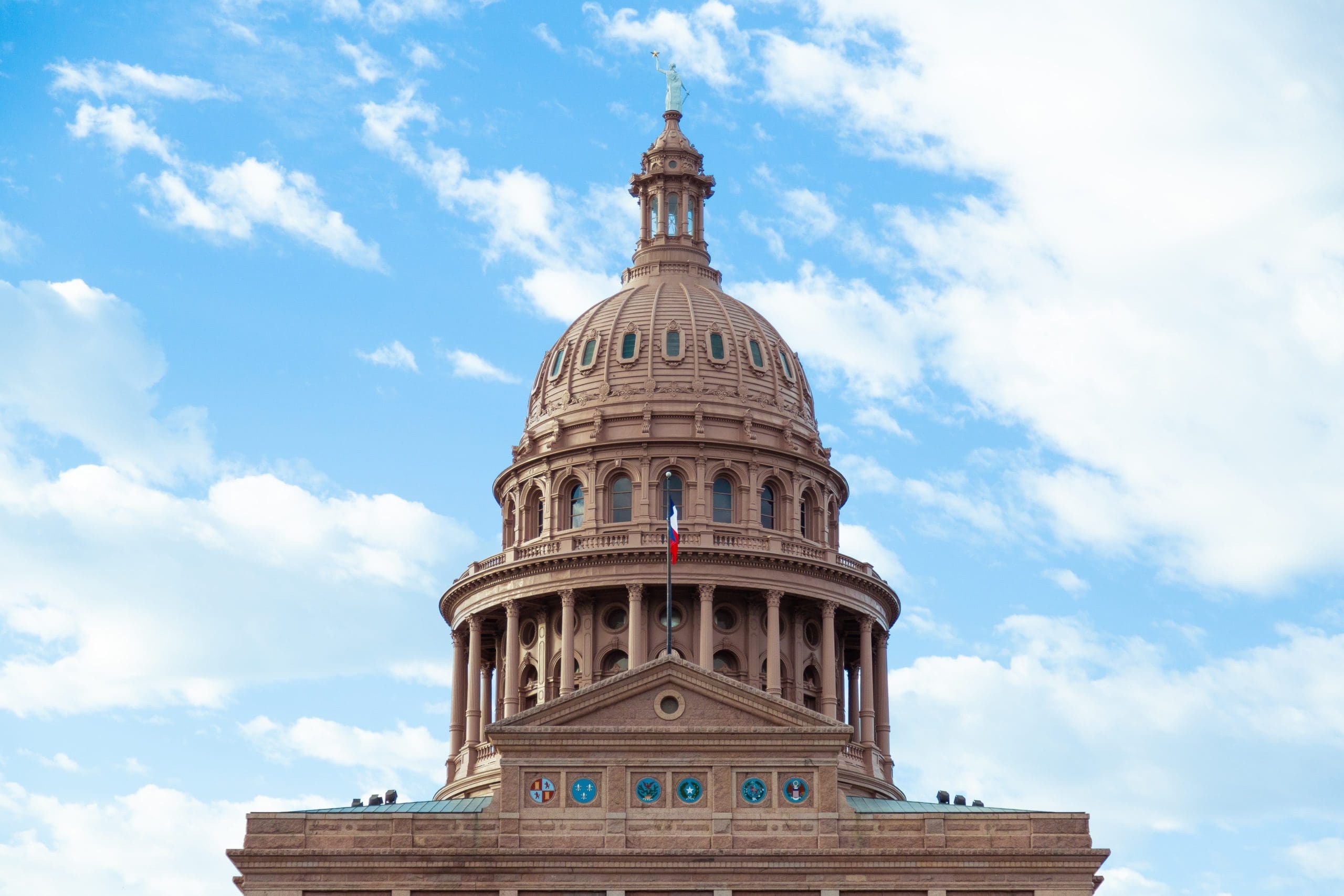Texas Democrats are continuing their march to bring full-scale casino gambling to the Lone Star State. In a recent article, Empower Texans discussed whether casino gambling would be a “no-new-taxes” proposition. Since it’s clear there will be a concentrated effort to expand gambling during the next legislative session, it’s worth taking a look at its impact in another major state…California.
While serving as governor of California, Ronald Reagan fought against the expansion of gambling in his state. At one point saying, “I would hate to see legalized gambling in California, nor do I favor a lottery.” Ultimately, Californians didn’t heed Gov. Reagan’s warning, and after he left that office they opened the door for a legal decision that forced expanded gambling in the states.
In 1987, the U.S. Supreme Court ruled in California v. Cabazon Band of Mission Indians, that sovereign Indian tribes are provided entrée into the gambling industry because Congress didn’t expressly authorize state jurisdiction over reservation-based gambling operations.
In what appears to have been an attempt to control the proliferation of Indian gambling that resulted from the Supreme Court’s decision, Congress passed the Indian Gaming Regulatory Act of 1988. This law established three classes of gambling, and allows tribes to engage in the first two without state interference. They are mostly traditional games that have minimal prizes and some forms of bingo. But, it prohibits tribes from entering the third class, which includes full-scale casinos, without state approval.
However, once Class III gambling is authorized in a state at any level (i.e., if commercial casinos were approved for certain locations), Indian tribes can move forward with their own gambling dens almost unabated.
Although the tribes and states are required to enter into a Tribal-State Compact, the tribes can file suit in federal court if they think the state is refusing to negotiate in “good faith.”
Is there a lesson Texans should learn from this? At present, it looks like pro-casino advocates are pushing this issue as a way to enhance revenues to the state treasury, and will probably try to suggest the footprint of gambling in Texas would remain small.
Right now, it appears there may be support from a majority of Texans (at least 500) for the expansion of gambling, providing passage would prevent a potential tax hike to close the projected state budget shortfall.
There are many sound reasons why Texans might welcome casinos, but being pressured into supporting them because Austin politicians don’t want to restrain state spending and would prefer tax hikes shouldn’t be one of them.
In the early 1990s, Texans were convinced to approve a state lottery for the children because it was promised that it would cure our public education funding woes. We know how well has that worked out (or didn’t).
Furthermore, numerous states have legalized casino gambling in the hopes of realizing great tax returns over the years, yet their collections often fall short of the projections. What’s more, once the door is opened, the state cannot maintain full control of the size of its gambling footprint.
In California, there are well over 100 tribal casinos. While not singularly linked to casino gambling or its negative effects, that state’s budget is currently in shambles. Casinos certainly haven’t been a revenue enhancer that’s kept the Golden State’s budget balanced.
It should be clear that casino gambling is not a proven commodity that will fix a state’s budget, certainly not in the long run.
Even if revenue gains were realized from expanded gambling, we agree with then-Gov. Reagan that a state’s government ought to be financed “by the strength of our people and not by their weaknesses.”



